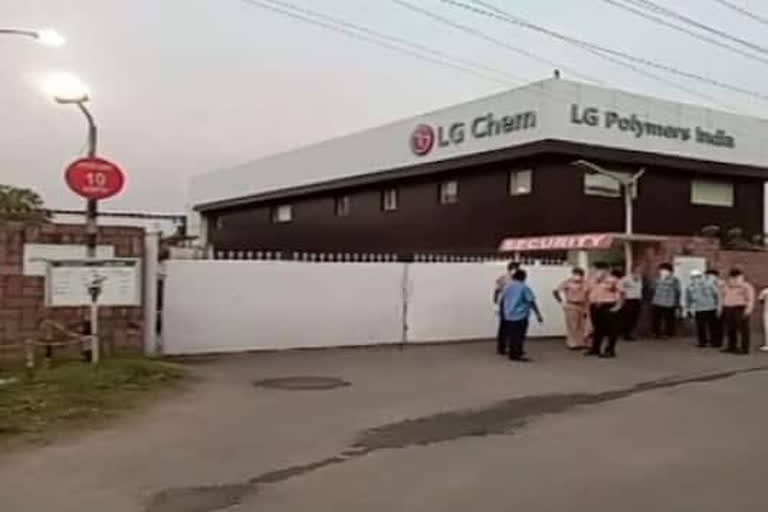Hyderabad: In a tragic incident on Thursday, at least ten people lost their lives, while thousands were affected following a chemical gas leak from a private plant in Visakhapatnam.
Which company did the plant belong to?
The leak occurred at the chemical plant of LG Polymers India - a part of the South Korean group LG Chemical and is headquartered in Mumbai. Apart from Visakhapatnam and Mumbai, the company also has regional sales offices in Vijayawada, Gurugram, Chennai, Kolkata, and Pune.
Founded as Hindustan Polymers in 1961 for making polystyrene and its co-polymers at Visakhapatnam, the company was merged with McDowell & Co Ltd of UB Group in 1978.
Meanwhile, the South Korean group LG Chemical looked at India as an important market and in order to grow aggressively acquired Hindustan Polymers from the UB group and renamed it as LG Polymers India in 1997.
Read: Vizag gas leak factory belongs to S.Korean major LG
According to LG Polymers, it is one of the leading manufacturers of polystyrene and expandable polystyrene in India.
But what is a polymer?
A polymer is a large molecular structure built up chiefly or completely from a large number of similar units bonded together. Common examples would be synthetic organic materials used as plastics and resins. Polymer, which is commonly used in the plastics and composites industry, is found in common household goods, clothing and toys, construction materials, insulation, and other products.
What did LGPI manufacture?
According to the company, its products include PS (polystyrene), EPS (Expandable Polystyrene), and EPC (Engineering plastics Compounds).
Under the first category - GPPS (General Purpose polystyrene) and HIPS (high impact polystyrene) products have their application in air conditioners, washing machines, stationery products, refrigerators, artificial jewellery, and televisions.
Read: Vizag gas leak: Civic body tells residents to stay indoors, use wet cloth as mask
Meanwhile, EPS, owing to its lightweight and insulation properties, is widely used in electrical and electronics packaging, cold storages, disposables, insulation boards and in boxes for agricultural and fishery products.
Finally, engineering plastic, which is lighter yet stronger than general plastic, is used as an industrial raw material for automobiles and electronic parts.
LGPI's DOs and DON'Ts
LG Chem had even formulated a list of DOs and DON'Ts. Though what led to the leak is not yet clearly know, NDRF chief SN Pradhan said the mishap occurred while the factory, which was closed during the lockdown, was being re-started for operations.
Among the list of 'DOs' the company had placed emphasis on adopting best practices and following safe procedures. "Before executing the job, thorough with SOP," it said.
Among the DON'Ts, the company stressed that employees must not be overconfident, and must be attentive even for routine jobs. The company also asked employees not to leave machinery unguarded and refrain from horseplay at work.
However, it is not yet known whether the leak was a mere accident or a lapse on the part of the company.
Read: Gas leak took place as plastic factory was being prepared for resumption of work: NDRF



